Milt Jackson
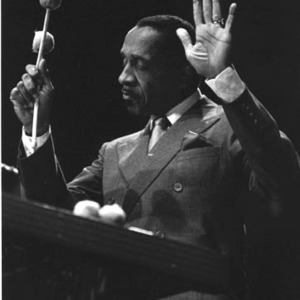
- Genre:
- Jazz
- Meta styles:
- Big Band/Swing, Bop, Cool, Free Jazz, Hard Bop, Jazz Instrument, New Orleans/Classic Jazz
- Styles:
- Bop, Chamber Jazz, Hard Bop, Mainstream Jazz, Modern Big Band, Post-Bop, Standards, Third Stream, Vibraphone/Marimba Jazz
Milton (Milt) Jackson (January 1, 1923 in Detroit, Michigan ? October 9, 1999) was an American jazz vibraphonist and one of the most important figures in the hard bop style. A very expressive player, Jackson differentiated himself from other vibraphonists in his attention to variations of dynamics and rhythm. He was particularly fond of the 12-bar blues at slow tempos. He preferred to set the vibraphone's oscillator to a low 3.
revolutions per second (as opposed to Lionel Hampton's speed of 10 revolutions per second) for a more subtle vibrato. Jackson was also a capable pianist, and sometimes performed professionally on that instrument. He also sang on a few albums. (Soul believer, e.g.)
He was discovered by Dizzy Gillespie, who hired him for his sextet in 1946. He quickly acquired experience working with the most important figures in jazz of the era, including John Coltrane, Woody Herman, Howard McGhee, Thelonious Monk, and Charlie Parker. In the Gillespie big band one of his jobs was to play in a quartet with John Lewis, Percy Heath, and Kenny Clarke while the horn section took a break from the demanding high-register horn parts. This group became the Modern Jazz Quartet (MJQ), which had a long independent career of 20 years until disbanding in 1974 over financial problems (though it reformed in 1981). Jackson then toured alone, performing in various small combos.
From the mid-70s to the mid-80s, Jackson recorded for Norman Granz's Pablo Records, including the classic, "Jackson, Johnson, Brown & Company" (1983), featuring Jackson with J.J. Johnson on trombone, Ray Brown on bass, backed by Tom Ranier on piano, guitarist John Collins, and drummer Roy McCurdy.
He also guested on recordings by many leading jazz, blues and soul artists, such as B.B. King, Ray Charles, etc.
His composition "Bags' Groove" ("Bags" was his nickname, from the 'bags' under his eyes from staying up late) is a jazz standard. He has been featured on the NPR radio program Jazz Profiles.
- Sort by
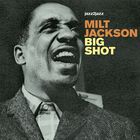
Big Shot - Ballads And Soul
- Year:
- 2017
- Tracks:
- 15
- Bitrate:
- 320 kbps

Bebop Story (The Encyclopedia Of Jazz Part 4) CD62
- Year:
- 2008
- Tracks:
- 22
- Bitrate:
- 320 kbps
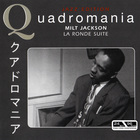
La Ronde Suite CD4
- Year:
- 2005
- Tracks:
- 14
- Bitrate:
- 320 kbps
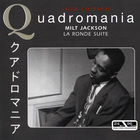
La Ronde Suite CD3
- Year:
- 2005
- Tracks:
- 15
- Bitrate:
- 320 kbps
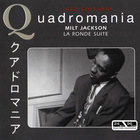
La Ronde Suite CD2
- Year:
- 2005
- Tracks:
- 10
- Bitrate:
- 320 kbps
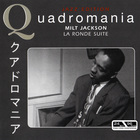
La Ronde Suite CD1
- Year:
- 2005
- Tracks:
- 20
- Bitrate:
- 320 kbps
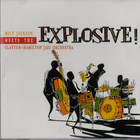
Explosive! (With Clayton-Hamilton Jazz Orchestra)
- Year:
- 1999
- Tracks:
- 11
- Bitrate:
- 320 kbps
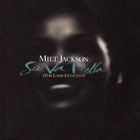
Sa Va Bella (for Lady Legends)
- Year:
- 1997
- Tracks:
- 10
- Bitrate:
- 320 kbps
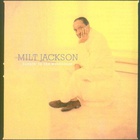
Burnin' In The Woodhouse
- Year:
- 1995
- Tracks:
- 8
- Bitrate:
- 320 kbps
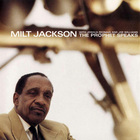
The Prophet Speaks (With Joshua Redman & Joe Williams)
- Year:
- 1994
- Tracks:
- 12
- Bitrate:
- 320 kbps
 Lem Winchester
Lem Winchester  Red Norvo
Red Norvo  Alice Coltrane
Alice Coltrane  Bobby Hutcherson
Bobby Hutcherson  Jay Hoggard
Jay Hoggard  Johnny Lytle
Johnny Lytle  Walt Dickerson
Walt Dickerson